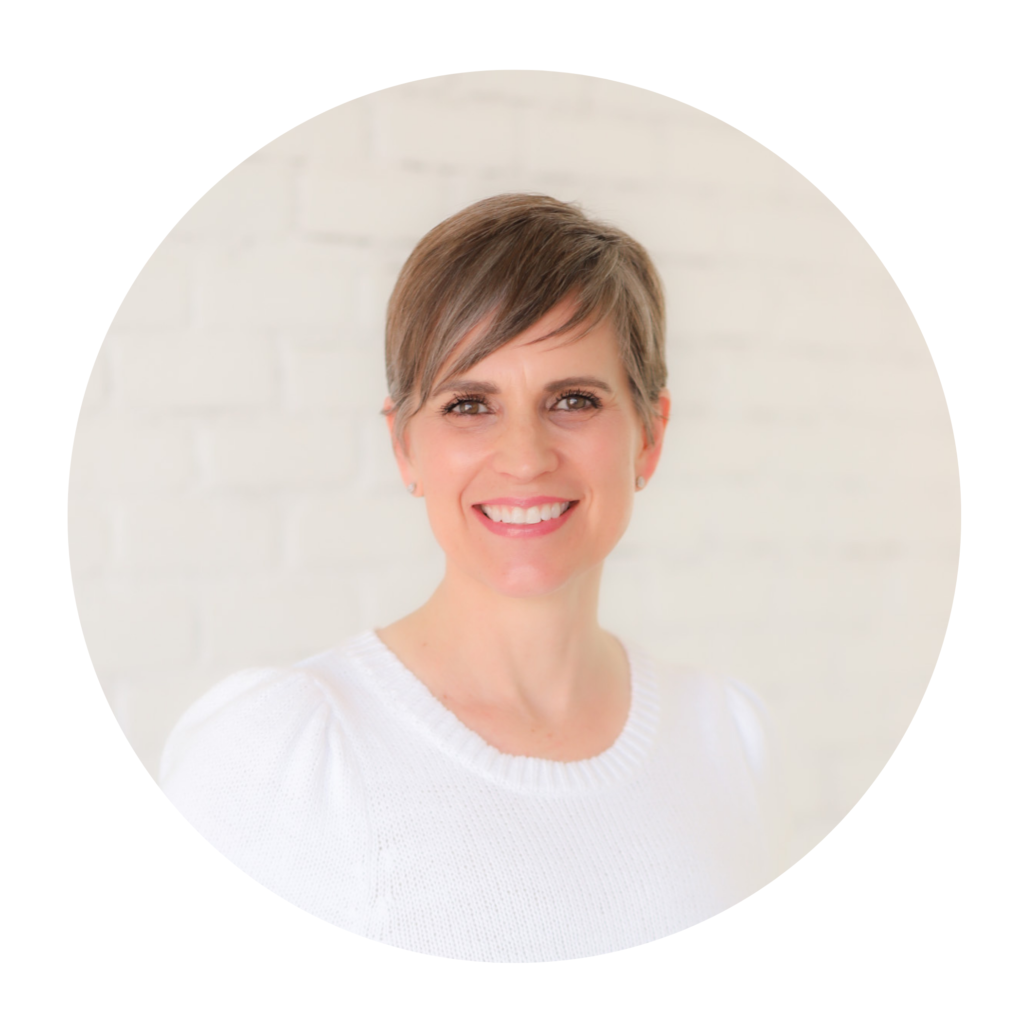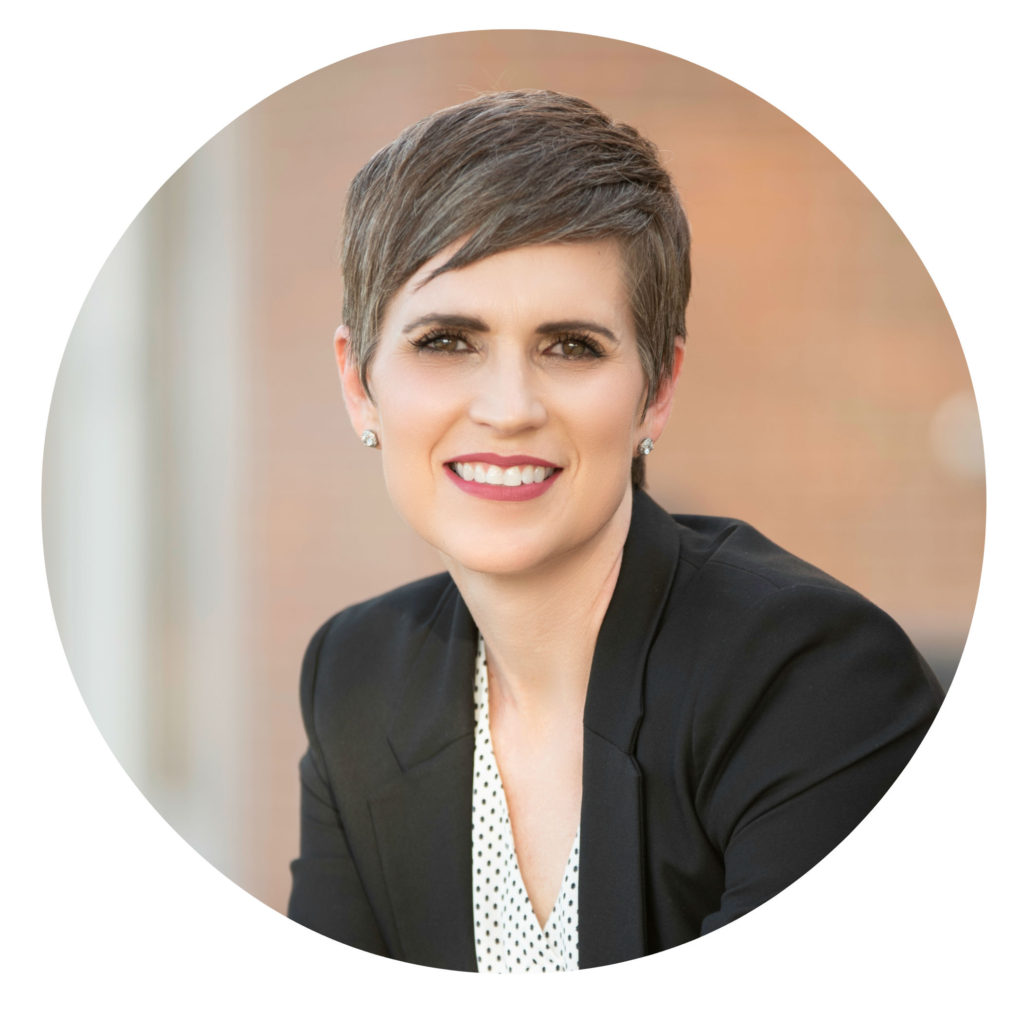Four weeks ago we were having dinner in our kitchen with some friends visiting from Arizona. Laughing, talking, catching up on what we had missed over the last two years since we moved. That evening we talked about this emerging pandemic in very different terms than we do today.
Little did we know that it would be the last time we had people in our home. Or that we wouldn’t be exiting our home either, except for momentary outings for food, medicine, and fresh air. And when I say “we”, I mean myself or my husband. Our children would be confined to our home, yard, and car. That churches would close their doors, along with schools. And toilet paper, of all things, would become a priceless commodity. What was supposed to be weeks of social distancing is now estimated at months.
Who could have guessed that this is what would happen?
And yet, here it is. It is happening.
There are going to be other things that we cannot imagine right now happening in the future. And often it’s the not knowing, and desperately wanting to know, that creates overwhelming fear and anxiety. It doesn’t help that news media continues to feed our fears with anticipated peak dates and non-stop coverage. Compounded by our own obsession with checking the latest stats and updates on social media.
We must know!
In general, we are not very good at predicting how we will respond to future events. We overestimate how much these negative events will effect us and how long the impact will last. One reason for this is that we cannot take into account all the other variables that will happen in the future. Another, is that we underestimate our natural ability to adapt to new circumstances. Simple put, we usually cope with negative events better and adjust faster than we predict.
The number and variety of possible worst case scenarios ARE infinite. But it is our natural tendency to imagine, and even respond to, negative situations that aren’t actually happening that deserves the credit for our feelings of fear. We have a tiny part of our brain called the amygdala to thank for that.
The amygdala loves a crisis.
It does means well. Its entire purpose is to keep us alive, and it’s done a good job – we are still here. So when your amygdala overreacts and makes a crisis seem worse than it is, that’s because it thinks overreacting is the best way to keep you alive.
However, we don’t have to believe everything our amygdala tells us.
Here are three suggestions for calming that part of your brain.
1. Question your fears.
This is a very useful strategy you can use to determine what is real from what is imagined.
What are you afraid of that feels real, but isn’t happening right now?
Asking this question often brings a sense of relief because it allows me to see that things aren’t as bad as they feel. In turn, it gets me out of the downward spiral of fear-based thinking and makes focusing on what’s going well in my life – even in the middle of a crisis – more likely.
Mark Twain once said, “I’ve lived through some terrible things in my life, some of which actually happened.”
If you’re like me, you probably know exactly what he meant right now. Personally, I’m experiencing a lot of unfamiliar and frightening things these days – but none of them have happened.
The truth is right now the sun is shining, we are healthy, we have everything we need, and we are together. Nothing is wrong in this present moment.
2. Answer your “what if” questions.
These are the kind of questions that keep people up at night, and exhausted during the day.
- What if I get sick?
- What if my husband gets sick?
- What if we don’t have an income for 3 months or more?
- What if we have to sell our home?
- What if our children don’t go back to school?
When we don’t make ourselves answer these questions, that is when they become problems, because we don’t come up with solutions.
No matter the unique circumstance that you have going on right now, I want to offer you this thought borrowed from Marie Forleo: “everything is figureoutable”. This is one of the best thoughts that you can adopt right now.
There are so many different solutions!
When you know there are solutions out there, even when your brain keeps telling you that “there isn’t one”, when you keep believing there is a solution, you will figure it out. Your brain will get to work solving that puzzle for you.
You have to give it the opportunity to do so. That is how you get yourself out of the anxiety and overwhelm.
Brainstorm every possible solution and outcome, even the ones that sound ridiculous. Prime your brain to look for answers, not just problems.
3. Be willing to be wrong.
We often think that whatever happens is going to be the worst thing. But, there have been many circumstances in my life that I thought were the worst at the time that turned out to be some of the best.
- Getting divorced, I thought was the worst thing. But it was the very best.
- Having an unplanned pregnancy after 40, I thought was the worst thing. It turned out to be pretty amazing.
- Building a dream home and then selling it, I thought was the worst thing. It wasn’t that bad.
You likely have examples from your own life that you can look to as evidence that what you thought was bad turned out to be something else entirely.
I am prepared to be wrong about so much more. Whatever I think is the worst, could actually turn out to be something very positive. That is as much a possibility as anything else.
Can you remain optimistic when you have challenges?
Our challenges can make us stronger. It’s easy to be positive and optimistic when life is going the way you want it to.
Last week on FB, the NY Times Best Selling author Simon Sinek had this to say about optimism:
“Optimism is different from positivity. And optimism is not naive either. Optimism accepts the truth of reality and looks forward to a bright future. Optimism is the foundation of hope. And hope keeps us moving forward. There is a light at the end of this tunnel and we will get there… together.” 4/2/20
Yes, you can be optimistic.
We all know we can’t control the world. And if you didn’t know that before, you do now. The only thing we can control is what goes on in our minds.
I believe that everything is going to work out. This is all going to be happening for me and everyone. Yes, it may hurt. Yes, our life as we know it may change. And that’s okay.
Whatever happens, what’s left will be exactly what we need to start again.
You can believe, too.



